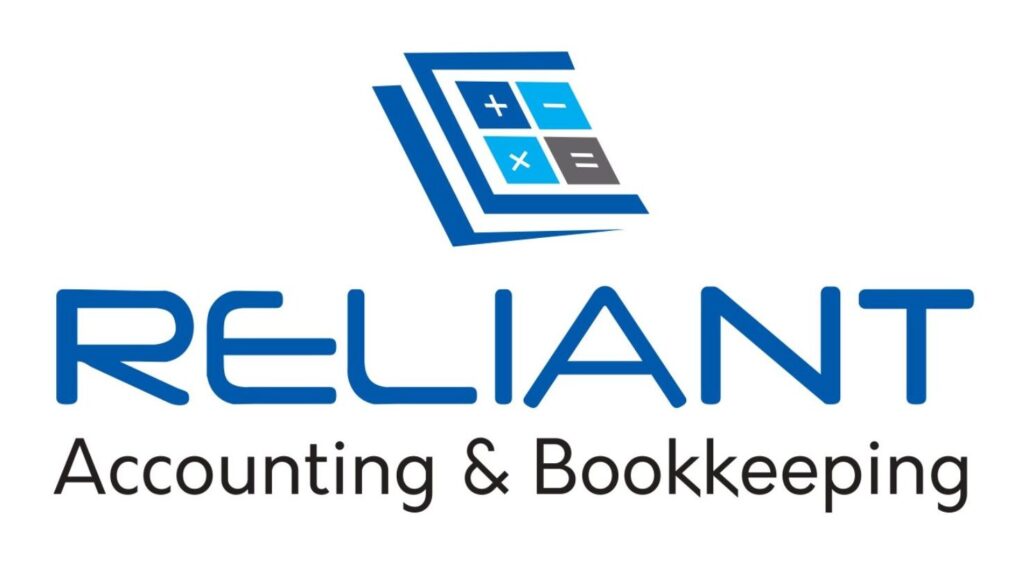The Role of Computerized Accounting: Transforming Financial Management
The Role of Computerized Accounting
Accounting has always been an essential part of business operations. However, the traditional methods of bookkeeping, with pen, paper, and physical ledgers, have evolved significantly with the advent of technology. Computerized accounting has emerged as the backbone of modern financial management, offering businesses of all sizes a more efficient, accurate, and streamlined approach to handling their finances. This blog explores the importance of computer-based accounting systems, their features, and the many benefits they offer to businesses.
What is Computerized Accounting?
The Role of Computerized Accounting
Computerized accounting refers to using computer software to record, store, process, and analyze financial transactions. This system automates most manual accounting tasks, such as ledger management, payroll processing, tax calculations, and financial reporting, replacing the need for paper-based bookkeeping. Popular software options such as QuickBooks, Tally, and Sage provide businesses with the tools they need to track and manage financial information easily.
The Role of Computerized Accounting With computerized accounting, all financial data is entered into a digital system, which then processes and generates reports and statements like balance sheets, profit-and-loss statements, and cash flow reports with ease. It simplifies what used to be a labor-intensive and error-prone process.
The Features of Computerized Accounting Systems
The Role of Computerized Accounting
Automation of Processes: Computerized accounting systems automate routine accounting tasks like data entry, invoice generation, payroll calculations, and financial reporting. This reduces the need for manual intervention, minimizes errors, and ensures faster processing.
Real-time Financial Reporting: One of the greatest advantages of using a computer-based system is real-time access to financial data. Business owners and accountants can generate up-to-date reports and make informed decisions based on current information rather than waiting for monthly or quarterly reports.
Data Security: Digital accounting systems offer much better security than traditional paper-based systems. With advanced encryption and data backup options, businesses can safeguard their financial data from loss, theft, or unauthorized access.
Tax Management: Accounting software can automatically calculate and apply taxes based on predefined tax rules, reducing the likelihood of tax errors. This ensures compliance with local tax regulations and helps businesses avoid costly penalties.
Ease of Data Retrieval: Unlike paper-based records that require physical storage and time-consuming searches, digital records in computerized accounting systems are easily searchable. Financial data can be retrieved instantly, streamlining audit processes and internal reviews.
Multi-User Access: Many modern accounting systems allow multiple users to access the software simultaneously. This makes collaboration easier, as employees from different departments can input or analyze financial data without delays or conflicts.
Benefits of Using Computerized Accounting Systems
The Role of Computerized Accounting Increased Efficiency and Speed: Automation and real-time processing make accounting tasks much faster and more efficient. What once took hours to complete manually can now be done in a fraction of the time, freeing up resources for other important tasks.
Enhanced Accuracy: Manual data entry is prone to human error, but computerized accounting systems are designed to minimize mistakes. Automated calculations ensure that financial reports and statements are accurate, improving the overall integrity of the company’s finances.
Cost-Effective: While the initial investment in accounting software can be substantial, the long-term savings far outweigh the costs. Automated systems reduce the need for additional staff and minimize the chance of costly mistakes.
The Role of Computerized Accounting Improved Decision-Making: With up-to-date, accurate financial data available at all times, business owners and managers can make better-informed decisions. From monitoring cash flow to planning for expansion, computerized accounting provides the insights needed to drive the business forward.
Tax Compliance: Tax calculations can be tricky, especially for businesses that need to follow multiple tax regulations. Computerized accounting systems come with built-in tax calculators that apply the latest tax rates and rules, ensuring compliance and reducing the chances of audit issues.
The Role of Computerized Accounting Better Financial Control: Business owners can monitor their finances in real-time, tracking spending, revenue, and profits as they happen. This level of visibility helps maintain financial control, avoid overspending, and create more accurate financial projections.
Challenges of Computerized Accounting
The Role of Computerized Accounting While computerized accounting systems offer numerous advantages, there are some challenges businesses should be aware of:
Initial Setup Costs: The software and training costs for setting up a computerized accounting system can be high, especially for small businesses. However, the benefits often outweigh the initial investment in the long run.
Technical Issues: Like all technology, computerized accounting systems can experience software glitches, crashes, or compatibility issues. It’s essential to have a support system in place and ensure regular backups to prevent data loss.
Learning Curve: Employees may need training to effectively use accounting software. The learning curve can vary depending on the complexity of the system, and businesses need to invest in ongoing training to ensure maximum efficiency.
Data Privacy Risks: Storing sensitive financial data digitally can expose businesses to cyber threats. It’s crucial to ensure proper security measures, including encryption, firewalls, and secure backups, are in place to protect financial information.
The Future of Computerized Accounting
As technology continues to advance, the role of computerized accounting is expected to grow even more. With the integration of Artificial Intelligence (AI) and Machine Learning (ML), accounting software will become smarter, automating complex financial analysis and forecasting. The future could also see even more advanced cloud-based accounting systems, allowing businesses to manage their finances from anywhere, at any time, with greater flexibility and collaboration options.
Moreover, as regulatory requirements evolve, computerized accounting systems will adapt to ensure compliance with the latest laws and standards. Businesses that embrace these innovations will not only benefit from improved efficiency but will also gain a competitive edge in the marketplace.
Conclusion: Why You Should Switch to Computerized Accounting
In an increasingly digital world, businesses must leverage technology to stay competitive. Computerized accounting offers a clear path toward better financial management, improved accuracy, and enhanced decision-making. While there are some challenges to adopting these systems, the benefits far outweigh the initial hurdles. From reducing human error to providing real-time insights into financial health, computerized accounting is an invaluable tool for businesses of all sizes.
If you’re still relying on manual accounting methods, now is the time to make the switch to a computerized system. It’s not just about saving time—it’s about improving accuracy, boosting productivity, and ensuring the long-term success of your business




